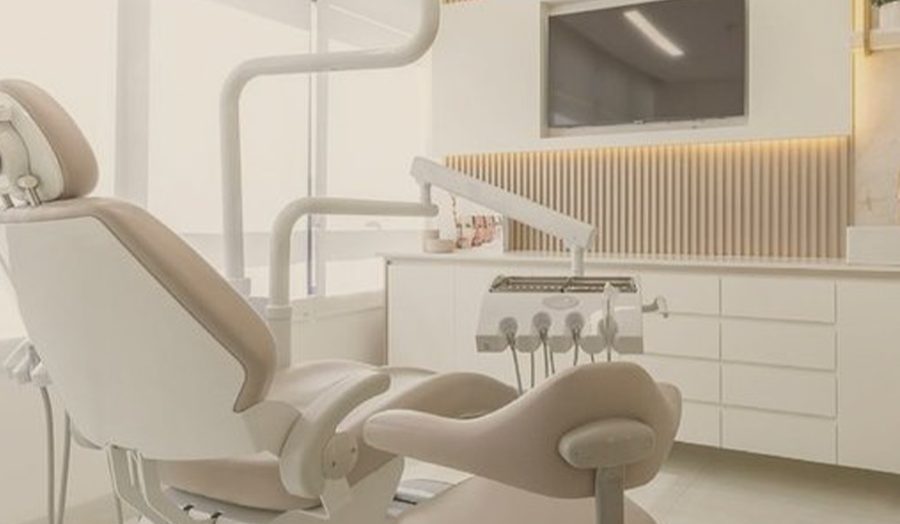A dental emergency can be a traumatic experience. They sometimes involve an unexpected visit to your local dentist or even your nearest emergency or after-hours dentist. And while some emergencies are more urgent and critical than others, they all require attention sooner rather than later. If an issue goes untreated, it can affect your oral and physical health, and you could even risk losing a tooth.
If you’ve experienced a dental emergency, you know exactly how painful they can be and the damage they can cause to your teeth, gums, and mouth. Let’s look at some of the different dental emergencies that pop up and what you can do if they happen to you.
The most common dental emergencies
There are different types of dental emergencies that require different types of care. Here are some common issues after-hours emergency dentists regularly treat:
Chipped or cracked tooth
A cracked tooth can be painful and maybe a little scary. Rinse your mouth with warm water as soon as you notice it, and contact your after-hours or emergency dentist. If you notice facial swelling, apply an ice pack to the area for instant pain relief. Cracked or chipped teeth can usually be repaired, so follow the advice your emergency dentist provides until you can visit the office for a more in-depth look at your concerns.
Missing tooth
If you knock a tooth completely out, seek emergency dental care immediately. Bring the tooth with you if you have it, and only touch the crown. If it’s possible, place the tooth in milk during transportation. Your dentist may be able to replant your tooth if you get to your closest emergency dental care centre quickly. If this isn’t an option, they can offer other solutions.
Abscess
An abscess can appear on your gums, either between teeth or near the root of your tooth. They are an infection and appear as a pimple-like sore in the mouth. If you see an abscess, visit your after-hours dentist immediately to get it treated before the infection spreads to another part of the body.
Severe toothache or pain
Toothaches are frequent occurrences and don’t always warrant a dental emergency, but when it’s throbbing and won’t quit, it’s time to seek emergency dental care. Rinse your mouth with warm water and check for swelling. If there is some, apply an ice pack to your cheek and head to your nearest emergency dentist immediately.
Injury to your mouth
If you have an injury — either to your gums, lips, or tongue — you may continue to bleed for an extended period. If there is swelling, use an ice pack to relieve pain and contact your dentist for further instructions. If the injury is severe, head to your nearest after-hours emergency dentist.
What to do if you end up with a dental emergency
Because dental emergencies are not common, we don’t always know what to do or who to turn to. Here are some steps to help you work through the crisis until an emergency dentist can see you:
- Stay calm and evaluate the situation. Determine the problem as best as possible, and make notes to share with your emergency dentist.
- If you have a broken or missing tooth, collect the tooth or the pieces.
- Rinse your mouth with warm water to help relieve pain, and apply pressure if you are bleeding.
- If you are in serious pain, apply an ice pack to reduce swelling around the area and take a painkiller if necessary.
- Call your emergency dentist immediately for further instructions or over-the-phone advice before you head to their after-hours clinic.
With a little bit of luck, you won’t ever have to see an after-hours emergency dentist, but if you need emergency dental care in Sydney, these tips will get you through until you can speak to a professional.
Preventing a dental emergency
Some dental emergencies — like getting hit in the mouth with a baseball — are unavoidable. But other emergencies are completely preventable. Avoid eating hard foods, like ice or lollies, and try not to use your teeth to rip open plastic bags or other items. Wearing a mouthguard when playing sports can also help prevent possible injuries while protecting your teeth and gums from impact.
Brush and floss regularly to keep your teeth as strong as possible and avoid decay, which can weaken your tooth enamel. It’s always best to ask your local dentist about other ways to keep up with your oral hygiene routine, so you can avoid visiting an emergency dentist.
Need an emergency contact? The after-hours dentists at About Smiles are here to help
When an emergency occurs, you can contact our emergency dentists. The skilled emergency dentists at About Smiles are well-equipped to assess and treat a huge range of issues — from a broken tooth to abscesses and sports injuries that impact the mouth. Our kind and compassionate team is experienced in dealing with traumatic events and can provide you with helpful treatments, guidance, support and advice during this difficult time. Contact our emergency dental care team today to schedule a last-minute or after-hours appointment.


